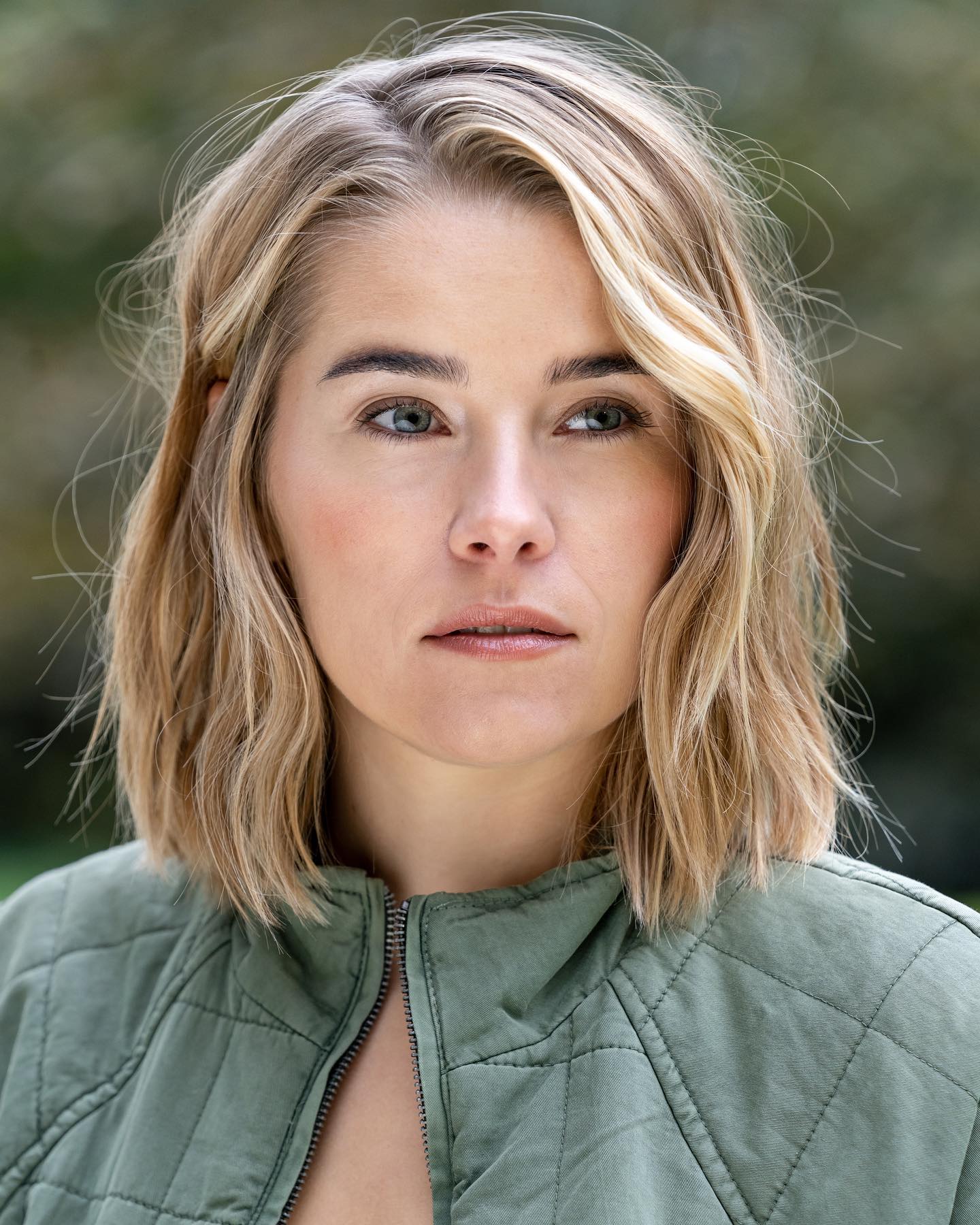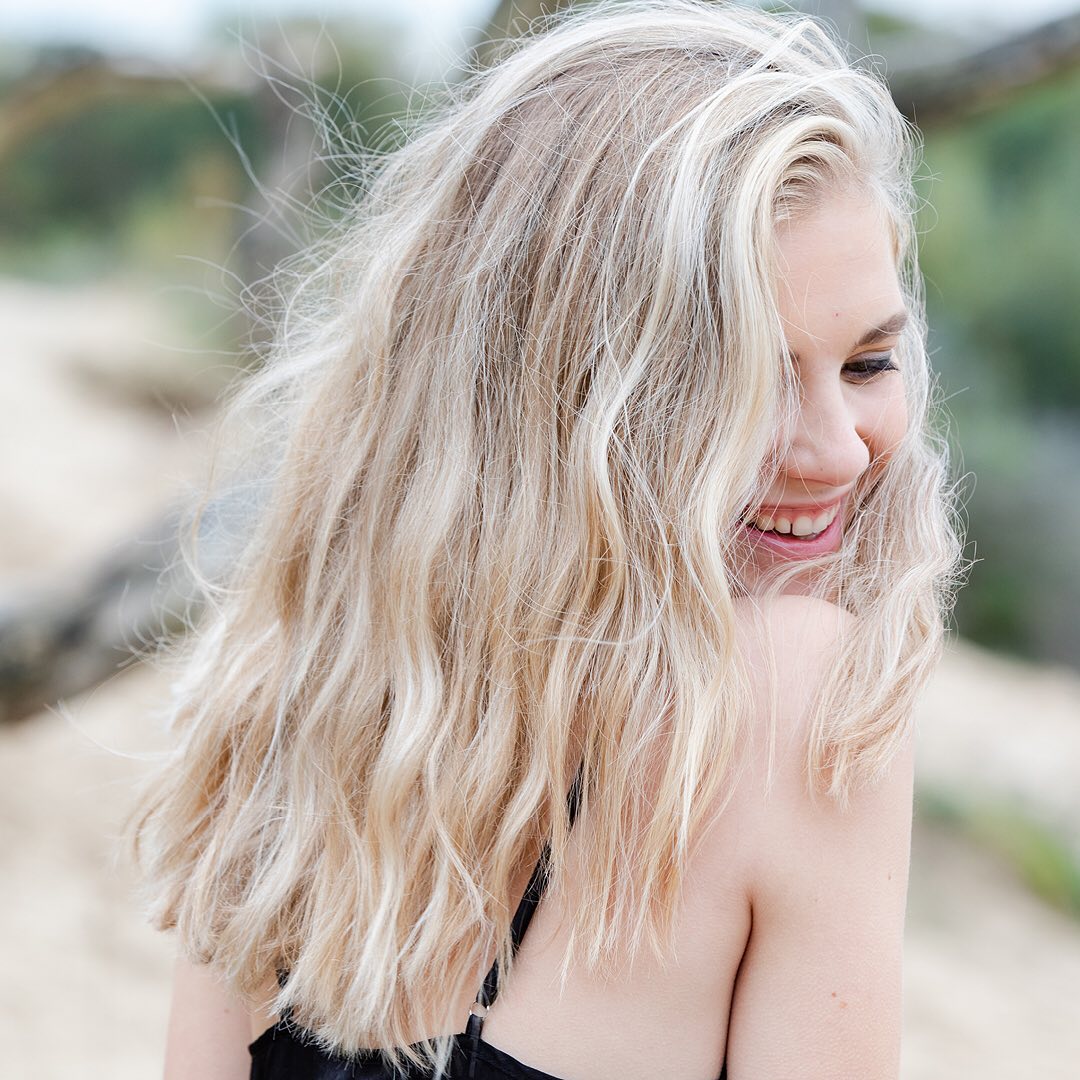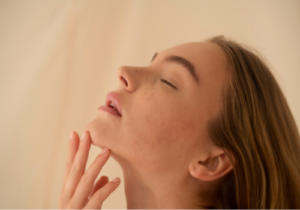Introduction to hair bleaching
What is hair bleaching?
Hair bleaching is a chemical process that lightens your hair's natural color by removing the pigments present in the hair fiber. It involves the use of specific chemicals, such as hydrogen peroxide, to oxidize the melanin pigment and make the hair lighter. Whether you're looking to achieve platinum blonde or simply lighten your hair a few shades, bleaching is the most common method.
Different types of hair bleaching
- Complete discoloration : It involves the application of a bleaching product to the entire head of hair to obtain an even, lighter color.
- Highlights and balayage : This technique involves bleaching only certain sections of the hair to add dimension and contrast to the natural color.
- Ombré: The color gradient is applied progressively from the roots to the tips, creating a blended effect.
The impact of bleaching on hair
Damage caused by discoloration
Although ideal for obtaining a lighter shade, bleaching can cause a variety of damage. The chemical process weakens the hair fiber, which can lead to dry, brittle hair prone to split ends. Bleaching molecules open up the hair cuticle, promoting the loss of essential proteins and moisture.
Impact on hair health
In addition to structural damage, bleaching can affect the overall health of your scalp and hair. Excessive use of bleaching products can cause irritation, itching and even burning of the scalp. What's more, bleached hair is often more vulnerable to external aggressors, such as UV rays, pollution and heat treatments like blow-drying and straightening.
Preparing for healthy bleaching
Pre-decolorization steps
The importance of a consultation with a professional
Before embarking on the bleaching process, it's essential to consult a professional. An experienced hairdresser will be able to assess the health of your hair and determine whether bleaching is viable without causing excessive damage. During this consultation, discuss your expectations and the best options for achieving your goal while minimizing the risks.
Choosing between deep care and hair treatments
Before bleaching, it's a good idea to prepare your hair with deep conditioning and nourishing treatments. Use moisturizing masks and hair oils to strengthen your hair fiber and make it more resistant to the chemical process. Keratin-based treatments can also help improve your hair's elasticity and resilience.
Instant after-darkening
First steps after bleaching
Immediately after bleaching, your hair will be particularly vulnerable. It's crucial to follow certain steps to minimize damage and speed recovery. Avoid heated styling tools and use gentle, sulfate-free products for washing. Apply nourishing conditioner and protective serums to maintain moisture.
Know when to seek professional help
If you notice that your hair is extremely damaged, or if you experience scalp pain after bleaching, it's imperative to consult a professional. A hairdresser or dermatologist can prescribe specialized treatments to repair the damage and restore your hair's health.
After-care routine
Shampoo and conditioner recommendations
The best shampoos and conditioners for bleached hair
To maintain the health of your hair after bleaching, it's crucial to choose the right products. Opt for shampoos and conditioners specially formulated for colored or bleached hair. These products contain nourishing ingredients such as proteins, natural oils and vitamins, which help repair and strengthen the hair fiber. Sulfate-free formulas are particularly recommended, as they are gentler on weakened hair.
In addition, pigmented shampoos and masks can help neutralize unwanted yellow tones and maintain the desired color. Look for products containing violet or blue pigments for optimal results.
Recommended frequency of hair washing
The frequency with which you wash your bleached hair plays an essential role in its maintenance. Over-washing your hair can lead to a loss of important natural oils, which in turn increases dryness and brittleness. We recommend washing your hair no more than two or three times a week. In between washes, use dry shampoos to absorb excess sebum without removing the necessary moisture.
After each wash, apply a nourishing conditioner and leave it on for a few minutes to maximize its moisturizing effects. A weekly hair mask will also help repair damage and prevent breakage.
Intensive care treatments
Nourishing hair masks
Hair masks are an essential step in your post-fade care routine. Choose masks rich in moisturizing and repairing agents such as keratin, natural oils (like argan or coconut oil), and proteins. Apply a hair mask once or twice a week to restore moisture and strengthen hair structure. These treatments help improve elasticity, reduce breakage and make your hair softer and shinier.
Hair oils
Hair oils can be used as intensive treatments or as daily care to help nourish and protect bleached hair. Apply a few drops of hair oil to lengths and ends after each wash or before using heated styling tools. Coconut oil, jojoba oil and argan oil are among the best options to help seal in moisture and protect hair from external aggressors.
Serums and leave-in treatments
Serums and leave-in treatments are ideal for providing continuous protection throughout the day. Look for products that contain reconstructed proteins, vitamins, and non-damaging silicones to help fortify and protect your hair. Apply these products to damp or dry hair to add shine, reduce frizz, and protect against UV damage and pollution.
Thermal protection
Using heat protection products is essential if you regularly style your hair with heated appliances such as hair dryers, straightening irons or curling irons. These products create a protective barrier around each hair strand, minimizing heat damage. Apply a protective spray or serum before each use of high temperatures to maintain the health and shine of your bleached hair.
Regular professional care
To maintain the health of your bleached hair, schedule regular appointments with your hairdresser for professional treatments. Salon treatments such as keratin treatments, intensive hair masks, and lip glosses can offer deep hydration and repair that are difficult to achieve with at-home products. Talk to your hairdresser to determine the best professional treatments for your hair type and condition.
See also: How to nourish your hair after bleaching?
Products and tips for prolonging the radiance of discoloration
Choosing the right products to maintain color
Specific shampoos and conditioners for bleached hair
To prolong the radiance of your color, it's crucial to invest in products specially designed for bleached hair. Shampoos and conditioners formulated for color-treated hair are enriched with ingredients that preserve color and strengthen the hair fiber. These products often contain ingredients such as wheat proteins, amino acids and natural oils, which help maintain your hair's softness and shine.
The importance of pigmented hair masks
Pigmented hair masks are a great way to keep your color vibrant. These masks contain pigments that refresh color and combat unwanted tones, such as yellow or copper. Use these treatments once or twice a month to maintain a bright, luminous hue.
Protective oils and serums
Hair oils and serums are essential to nourish and protect your bleached hair. Apply lightweight oils like jojoba or argan oil to seal in moisture and add shine. Protective serums also help prevent breakage and protect hair from environmental aggressors.
Home tips for maintaining bleached hair
Cider vinegar rinses
Cider vinegar is an excellent ally for prolonging the shine of your bleach. It helps balance the scalp's pH and seal the cuticle, making hair shinier and less prone to damage. Dilute a tablespoon of cider vinegar in a cup of water and use this mixture as a final rinse after each wash.
Homemade hair masks
Homemade hair masks can be very beneficial for your bleached hair. Mix nourishing ingredients like avocado, yogurt and honey to create a moisturizing mask. Apply this mask once a week to strengthen your hair and give it a boost of moisture and shine.
Everyday precautions
Avoid excessive sun exposure
UV rays can damage your bleached hair and cause your color to fade. To avoid this, wear a hat or use UV protection spray when you plan to spend time in the sun. These measures will help preserve the color and health of your hair.
Use styling tools sparingly
Heated styling tools such as straightening irons and hair dryers can cause further damage to your bleached hair. Limit their use as much as possible and favor natural styles. If you must use heated tools, always apply a heat protection spray beforehand.
Adopt a regular care routine
To maintain the beauty and health of your bleached hair, it's essential to adopt a rigorous care routine. Follow a care schedule that includes gentle shampoos, moisturizing conditioners, regular hair masks, and protective treatments. This rigor will help minimize damage and prolong the radiance of your color.
The benefits of professional salon treatments
Gloss and toner treatments
In-salon gloss and toner treatments can refresh your color and restore its radiance. Gloss works by adding a protective, shiny layer to your hair, while toner helps neutralize unwanted tones. These treatments are particularly useful between bleaching sessions to maintain vibrant color.
Keratin treatments
Products and tips for prolonging the radiance of discoloration
Choosing the right products to maintain color
Specific shampoos and conditioners for bleached hair
To prolong the radiance of your color, it's crucial to invest in products specially designed for bleached hair. Shampoos and conditioners formulated for color-treated hair are enriched with ingredients that preserve color and strengthen the hair fiber. These products often contain ingredients such as wheat proteins, amino acids and natural oils, which help maintain your hair's softness and shine.
The importance of pigmented hair masks
Pigmented hair masks are a great way to keep your color vibrant. These masks contain pigments that refresh color and combat unwanted tones, such as yellow or copper. Use these treatments once or twice a month to maintain a bright, luminous hue.
Protective oils and serums
Hair oils and serums are essential to nourish and protect your bleached hair. Apply lightweight oils like jojoba or argan oil to seal in moisture and add shine. Protective serums also help prevent breakage and protect hair from environmental aggressors.
Home tips for maintaining bleached hair
Cider vinegar rinses
Cider vinegar is an excellent ally for prolonging the shine of your bleach. It helps balance the scalp's pH and seal the cuticle, making hair shinier and less prone to damage. Dilute a tablespoon of cider vinegar in a cup of water and use this mixture as a final rinse after each wash.
Homemade hair masks
Homemade hair masks can be very beneficial for your bleached hair. Mix nourishing ingredients like avocado, yogurt and honey to create a moisturizing mask. Apply this mask once a week to strengthen your hair and give it a boost of moisture and shine.
Everyday precautions
Avoid excessive sun exposure
UV rays can damage your bleached hair and cause your color to fade. To avoid this, wear a hat or use UV protection spray when you plan to spend time in the sun. These measures will help preserve the color and health of your hair.
Use styling tools sparingly
Heated styling tools such as straightening irons and hair dryers can cause further damage to your bleached hair. Limit their use as much as possible and favor natural styles. If you must use heated tools, always apply a heat protection spray beforehand.
Adopt a regular care routine
To maintain the beauty and health of your bleached hair, it's essential to adopt a rigorous care routine. Follow a care schedule that includes gentle shampoos, moisturizing conditioners, regular hair masks, and protective treatments. This rigor will help minimize damage and prolong the radiance of your color.





